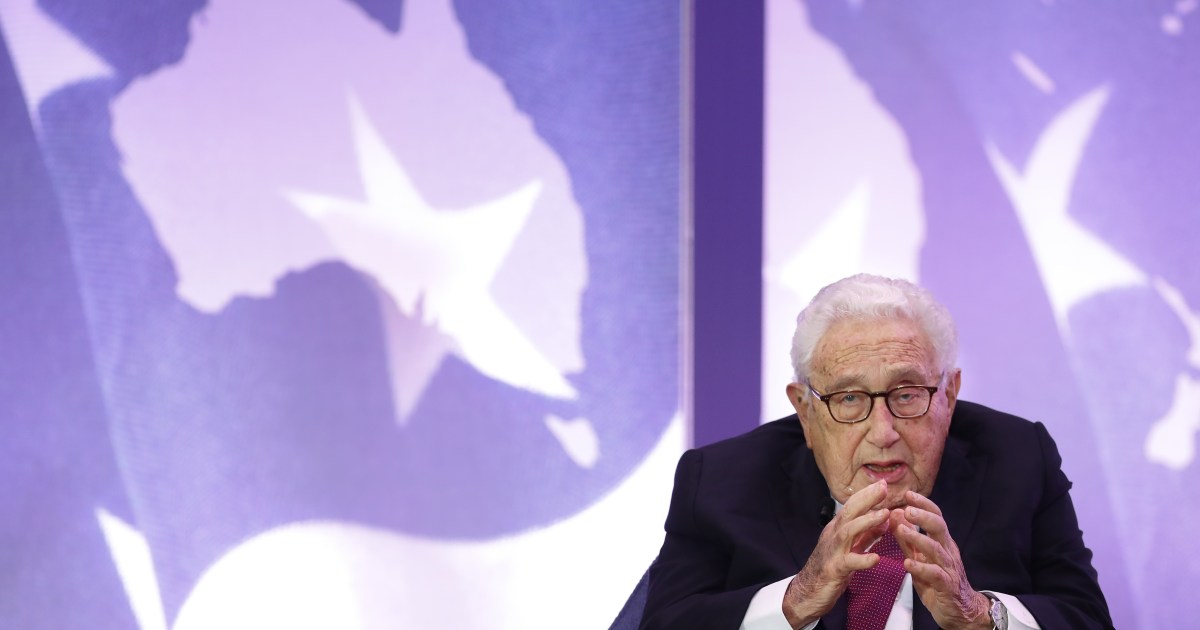The former US envoy to the Middle East, Martin Indyk, said that the "shameful" end of the US war in Afghanistan revealed the complex nature and fragility of the situation in the "Greater Middle East".
He added - in an article in the magazine "Foreign Affairs" - that the Americans may be trying to console themselves that they can finally turn their backs on this troubled region of the world, as the United States is today self-sufficient in energy resources, and therefore less dependent on oil. Middle east.
He explained that Washington had learned from its experiences not to try to reshape the region according to its own perception, and that if American leaders were inclined to start a war again, they would not likely have much popular support.
In his opinion, the region remains important due to its central geostrategic nature, as it is located at the crossroads between the continents of Europe and Asia.
Although Israel and Washington's Arab allies rely on the United States for their security, the "failed" states in the region - such as Syria and Yemen - remain a potential breeding ground for "terrorists" who can strike America and its allies.
Although the United States is no longer dependent on the flow of oil from the Gulf region, the interruption of this vital material from there for a long period may lead to the deterioration of the global economy.
Like it or not, the United States must formulate a post-Afghanistan strategy to strengthen order in the Middle East, even if it directs its attention to other priorities.
Indyk - who also served as a former US ambassador to Israel - advises Washington to be guided in formulating its Middle East strategy by the experience of former Secretary of State Henry Kissinger, "who oversaw successful efforts in establishing a stable Middle Eastern order that lasted nearly 30 years."
He said that Kissinger was able to achieve this while the United States was busy withdrawing all its forces from Vietnam and retreating from South Asia, where diplomacy then, as it is today, replaced resort to force.
However, the most important lessons learned from the Kissinger era - adds Indyk - is that the regional balance of power equation is not sufficient to establish a stable order, and to legitimize that system, Washington must find ways to urge its allies and partners to address grievances in the region.
And if policymakers are to be cautious in their efforts to achieve peace, and place greater importance on stability over striking deals to end conflicts, they should avoid underestimating them because that could also undermine the order.
Since Washington does not have a great desire to address the Israeli-Palestinian conflict - in the eyes of the former peace envoy to the Middle East - the administration of President Joe Biden in this case must resist the tendency that tempts it to ignore the issue.
slumber and crises
As Kissinger learned from his experiences, seemingly dormant conflicts can erupt into crises at unexpected times.
and accordingly;
The best way to avoid another conflagration in this combustible region is to adopt a "Kissingerian" strategy of dealing with one of the major conflicts in the Middle East in gradual steps.
The strategy on which Kissinger relied is based on order, not peace;
That was because he believed that peace in the Middle East was neither an achievable nor even a desirable goal.
He also realized that achieving a balance of power is not enough - according to the writer - in order for the system to be sustainable, it must gain legitimacy, and this means that all the main forces within the system must adhere to a set of generally accepted rules, which do not necessarily require responding to all grievances.
Indyk recounted that Kissinger once told him that he had never thought that there would come a time when universal reconciliation would be achieved.
The former minister concluded that, after years of deep research, he concluded that a difficult peace might affect his diplomatic approach in the Middle East.

